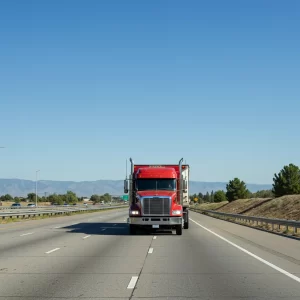
How Do Emission Control Systems Work on Trucks?
Understanding Truck Emission Control Systems | A Driver’s Guide
California’s Clean Truck Check, also called the Heavy Duty Inspection and Maintenance Program (HD I/M), was created by the California Air Resources Board (CARB). It helps reduce harmful emissions from heavy duty vehicles with a gross weight over 14,000 pounds. The program builds on older rules like the Periodic Smoke Inspection Program (PSIP) and now uses digital tools such as the Portable Emission Acquisition System (PEAQS) and Onboard Diagnostics (OBD) testing. But not every vehicle needs to take part. Knowing which trucks are exempt from the Clean Truck Check helps fleets, drivers, and repair shops stay ahead of emissions inspection requirements, avoid penalties for non compliance, and keep trucks on the road.
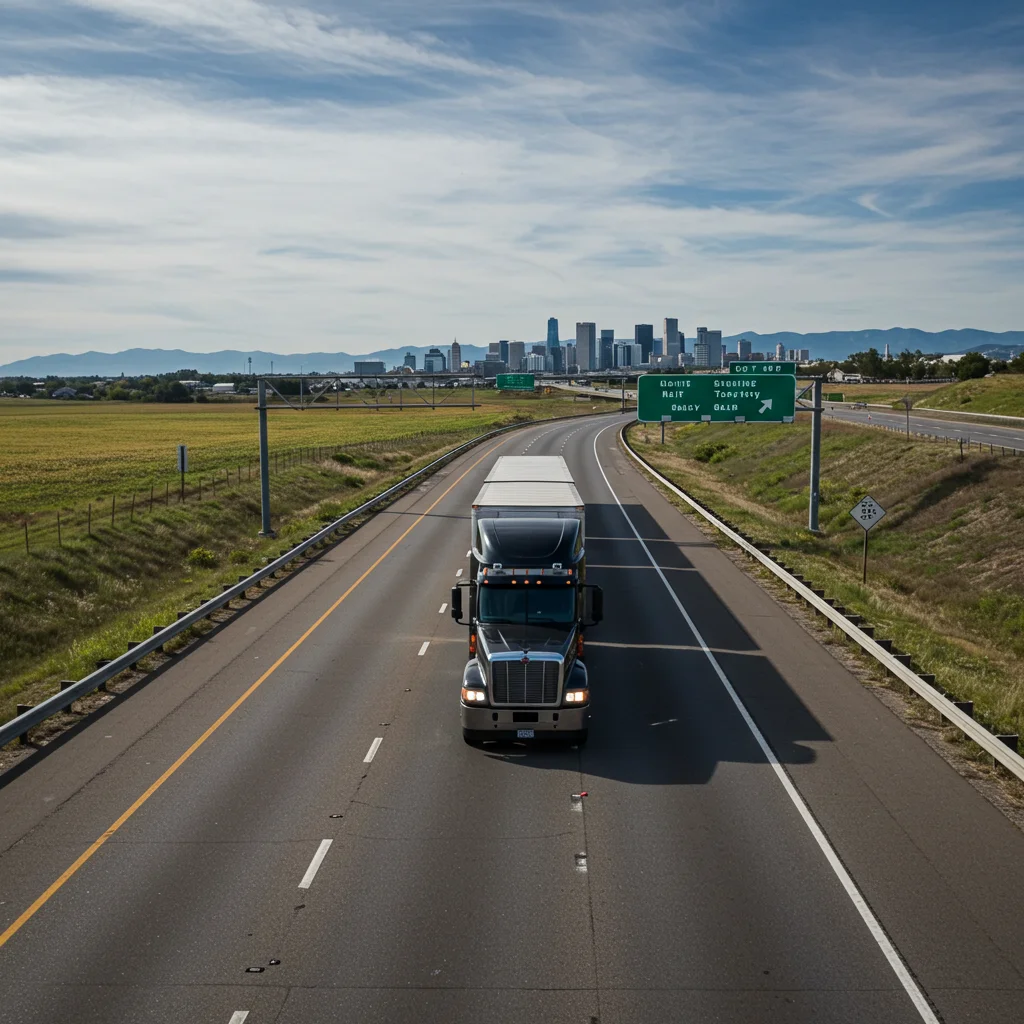
The Clean Truck Check program requires vehicles to go through semi-annual or quarterly emissions inspections. These inspections include opacity testing using SAE J1667 smoke opacity testing and OBD-based scans to find emission control problems. Every truck must submit test results within a 90-day submission window using the Vehicle Information Submission (CTC VIS) system. CARB reviews this data to make sure emissions reporting requirements and vehicle compliance deadlines are met. Once a vehicle passes, it receives a certificate of compliance. This certificate must be renewed to show ongoing compliance with CARB regulations and roadside emissions monitoring. Learn more about Clean Truck Check In Lynwood, CA.
Under CARB’s Heavy Duty Inspection and Maintenance regulations, most in-state and out-of-state heavy-duty diesel trucks, buses, and large commercial vehicles must take part. These vehicles go through emission system readiness checks, periodic OBD testing, and smoke opacity verification. CARB compares test records with DMV registration deadlines to make sure each vehicle remains compliant during compliance submission periods. If a vehicle fails to submit required test data or does not pay the annual compliance fee, it can face enforcement actions, registration holds, or fines for tampering or refusing inspection. Learn more about Clean Truck Check In Manhattan Beach, CA.
Some trucks do not have to take part in the Clean Truck Check because they qualify for exemption under CARB rules. These include zero emission vehicles, authorized emergency vehicles, military tactical vehicles, motorhomes registered outside California, historical vehicles, experimental permit vehicles, and gasoline vehicles that do not need diesel opacity testing. Engines that meet the 0.01 g per brake horsepower hour NOx standard may also qualify for an exemption or longer testing intervals. Each exemption is based on the vehicle’s type, certification level, and purpose, which helps low emission or special use trucks avoid extra inspection steps. Learn more about Clean Truck Check In Montebello, CA.
The Clean Truck Check exemption rules depend on what type of power system the truck uses and how clean it runs. Diesel trucks that have working emission control labels and DPF systems must take part unless they meet the NOx 0.01 standard. Hybrid and plug-in hybrid trucks may still need OBD compliance testing but are often excluded from opacity testing. Zero emission electric trucks are fully exempt because they produce no exhaust. CARB confirms these exemptions by checking emission control labels and records stored in the CARB database registration system. Learn more about Clean Truck Check In Monterey Park, CA.
To find out if a truck is exempt, owners must register it in the CARB database and submit information through the Vehicle Information Submission (CTC VIS) system. During registration, the system checks the VIN, engine family, and emission certification level. Fleets should keep proof of compliance such as the certificate of compliance, proof of correction, and maintenance verification. OBD scan tools, diagnostic adapters, and telematics devices can help track emissions diagnostics reporting and send alerts about VIN-based deadlines or regulatory updates. Keeping accurate records helps prevent inspection problems and ensures smooth compliance. Learn more about Clean Truck Check In Pico Rivera, CA.
Many drivers think that out-of-state trucks or low mileage vehicles are automatically exempt, but CARB requires all heavy-duty vehicles entering California to meet emissions inspection and reporting requirements. Another common mistake is believing that passing the PSIP test means exemption. The HD I/M test is more advanced and includes opacity checks, OBD scans, and telemetry-based emission detection. Some also think that old diesel trucks count as historical vehicles, but these must meet strict age and use rules set by CARB. Misunderstanding exemption rules can lead to compliance fees, delays, and inspection refusal penalties. Learn more about Clean Truck Check In Rancho Palos Verdes, CA.
Even exempt vehicles must be listed in the CARB system to confirm eligibility. Registration includes fleet information submission, payment verification if needed, and emissions data documentation. Owners can register online through the CTC VIS portal by entering VIN, engine family number, and vehicle classification. Once verified, CARB issues a certificate of compliance or exemption confirmation. To stay compliant, fleets must use telematics-based automation, OBD recall clearance, and regulatory deadline tracking. CARB also encourages training through compliance courses and certification programs to help fleets follow the inspection workflow of connect, enter details, scan, and submit. Learn more about Clean Truck Check In Redondo Beach, CA.
Running a truck that is not exempt and not compliant can lead to tampering penalties, enforcement actions, and registration suspension. CARB uses roadside emissions scanners and PEAQS devices to find vehicles that fail opacity limits or OBD readiness. A missing certificate of compliance can cause inspection refusal penalties or daily fines. Beyond money, non-compliance causes fleet downtime, missed maintenance plans, and lower fleet readiness. Staying aware of compliance submission periods and emission system readiness helps fleets avoid disruptions and supports California’s pollution reduction and health improvement goals. Learn more about Clean Truck Check In Los Angeles, CA.

Understanding Truck Emission Control Systems | A Driver’s Guide
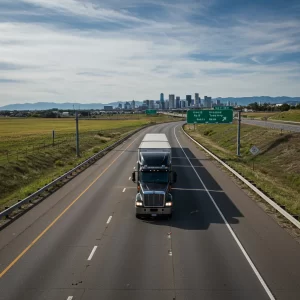
What is the Lifespan of Truck Emissions Components | Guide to Durability and Replacement
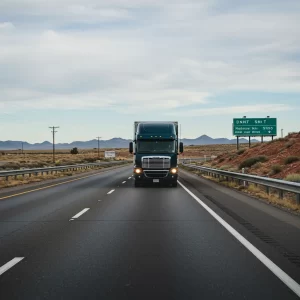
Are New Diesel Trucks Reliable with Emissions Systems | What You Need to Know
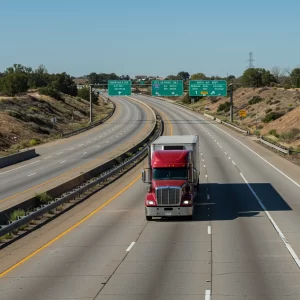
Truck Emissions Maintenance | How to Reduce Pollution and Boost Efficiency
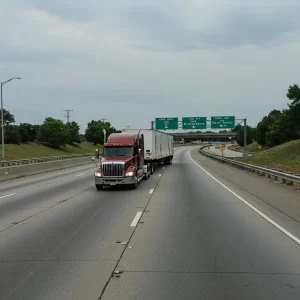
Reduce Truck Emissions | Practical Ways to Lower Your Carbon Footprint
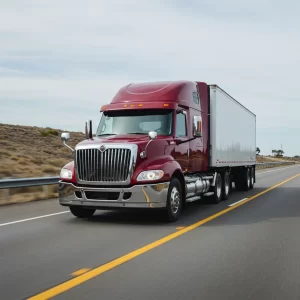
What Causes High Diesel Emissions | Key Factors You Need to Know